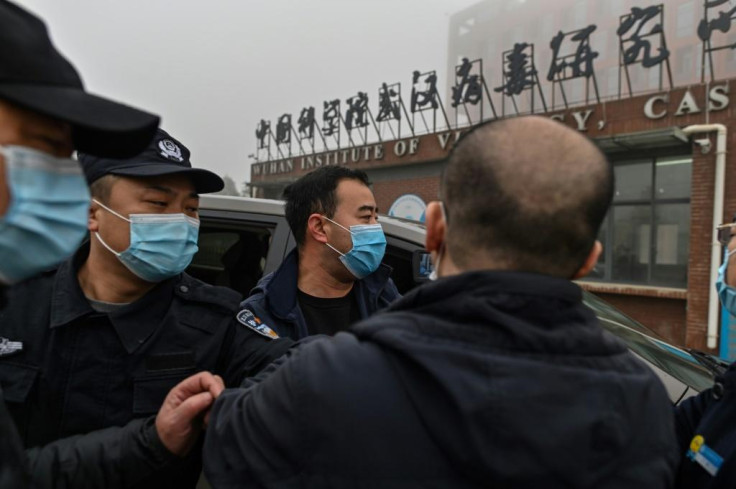Covid lab leak theory should not be ruled out, says top Chinese scientist
The Chinese government has maintained that the virus did not originate from a lab in Wuhan.

Several theories have come up about the origin of Covid-19. Some of them claim that it leaked from China's Wuhan Institute of Virology, while others claim that its source was wildlife at China's Wuhan wet market.
Now, the former head of China's Centre for Disease Control (CDC), Professor George Gao, has claimed that the lab leak theory should not be ruled out.
Gao's claims hold significance as he was among the top Chinese government scientists who led China's COVID response. He made the revelations during an interview with the BBC Radio 4 podcast "Fever: The Hunt for Covid's Origin."
"You can always suspect anything. That's science. Don't rule out anything," he said during the interview.
Gao went on to add that the Chinese government did initiate an investigation into whether the virus originated from the lab in Wuhan and that "it was double-checked by the experts in the field." He did not exactly reveal what actions were taken by the government but indicated that the Chinese government "organised something" to investigate the Wuhan Institute of Virology.
This is the first time that a Chinese scientist who worked so closely with the government has made any claims about a probe into the origin of Covid-19. He further stated that the probe did not find anything wrong.
"I think their conclusion is that they are following all the protocols. They haven't found [any] wrongdoing," Gao added. Professor Gao is currently the vice president of the National Natural Science Foundation of China after retiring from the CDC.
The professor's claims come a month after another top Chinese scientist debunked the lab leak theory. The comments were made by Tong Yigang, a scientist at the Beijing University of Chemical Technology.
He said that the viral samples taken from the Huanan Seafood Market in Wuhan were "almost identical" to those of patients infected with the coronavirus. And that this probably means that the virus may have originated in humans.
His claims negated the theories about China's Wuhan city being the origin of the deadly virus. Wuhan was the epicentre of the Covid-19 outbreak at the beginning of the pandemic. It was claimed that the virus came from animal to human infection at Wuhan's wet market.
Despite a number of theories doing the rounds about the origin of Covid-19, a majority of scientists believe that the virus came from bats and was eventually transmitted to humans.
Meanwhile, a study by a team of scientists from Europe, North America, and Australia in March said that they had managed to find a link between Covid-19 and racoon dogs that were sold at the Wuhan war market.
According to a report in Forbes, the team studied genetic samples taken from Wuhan's Huanan Seafood Wholesale Market for analysis. It said that the racoon dogs being sold at the market may have been "carrying and possibly shedding the virus at the end of 2019." However, it could not rule out other possibilities about other animals being carriers of the virus.
A wet market is essentially a collection of open-air stalls where the farmers or vendors sell fresh seafood, meat, fruits, and vegetables. Some of the wet markets in China also sell live animals, including chickens, fish, and shellfish. They also sometimes sell wild animals and slaughter them on site.
Meanwhile, the World Health Organization (WHO) is continuing with its probe to look for the source of the outbreak. The agency launched the investigation at the beginning of the pandemic, but it still has not been able to say anything concrete.
However, it has dismissed the lab leak theory several times in the past. Earlier this year, WHO officials also expressed frustration over the lack of openness from Chinese authorities when it came to sharing data.
The organisation's chief, Tedros Adhanom Ghebreyesus, has publicly asked China to provide data from the early days of the pandemic. The health agency believes that China has far more data than it shares. "Without full access to the information that China has... all hypotheses are on the table," said WHO chief Tedros Adhanom Ghebreyesus.
© Copyright IBTimes 2024. All rights reserved.






